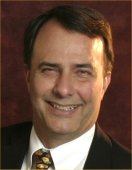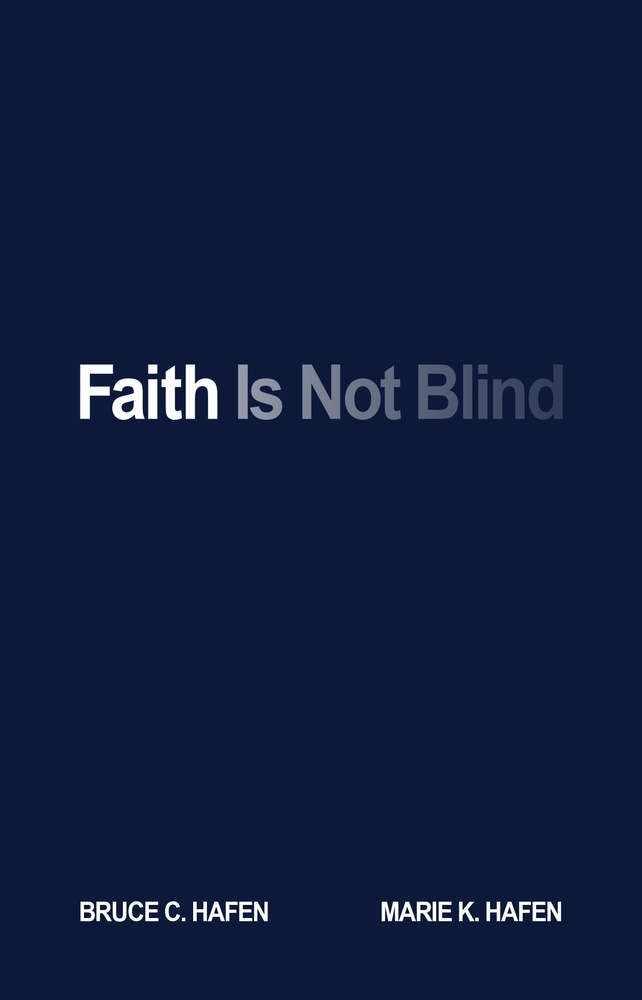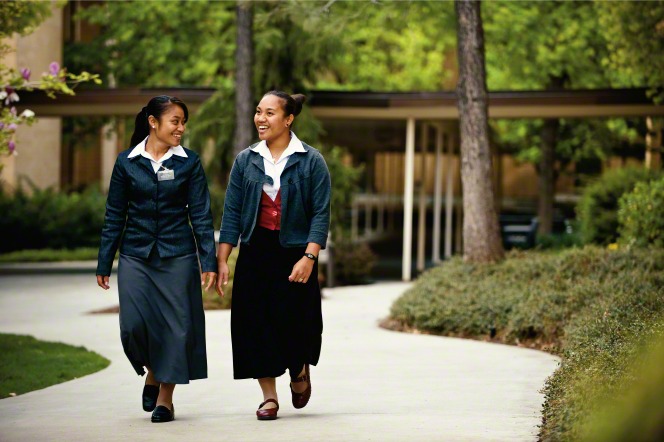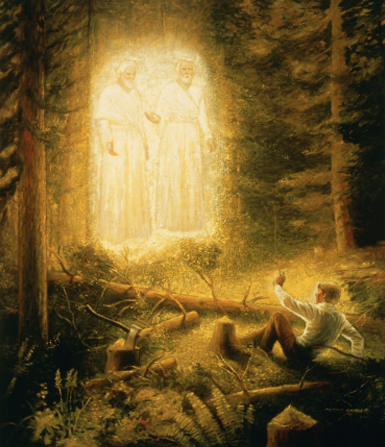by Delisa Hargrove, cross-posted from LDS Blogs

After my morning routine, I grabbed my phone off the charger ready to dive into the day. Soon, I saw the red low battery warning flashing.
 Huh? How could that be? I knew I’d just unplugged the phone.
Huh? How could that be? I knew I’d just unplugged the phone.
I walked back into the bedroom to inspect and also to take the charger into my workspace. The phone had indeed been plugged into the charger, but the charger wasn’t plugged into the wall. [Read more…] about Am I Plugged Into the Source?
 Dr. Jeffrey M. Bradshaw is a Senior Research Scientist at the Florida Institute for Human and Machine Cognition in Pensacola, Florida. His professional writings have explored a wide range of topics in human and machine intelligence (
Dr. Jeffrey M. Bradshaw is a Senior Research Scientist at the Florida Institute for Human and Machine Cognition in Pensacola, Florida. His professional writings have explored a wide range of topics in human and machine intelligence (
 Taunalyn Ford Rutherford was born and raised in Salt Lake City, Utah. She earned a BA in History and an MA in Humanities from Brigham Young University and served an LDS mission in Stockholm Sweden. Recently she received her PhD in History of Religion at Claremont Graduate University. Her dissertation and her current book project focus on the growth of Mormonism in India. Her work has been published in academic journals and books, but her favorite works are her five children co-authored by her husband Jim Rutherford. She currently resides in Draper, Utah, and is an adjunct professor of religion at BYU.
Taunalyn Ford Rutherford was born and raised in Salt Lake City, Utah. She earned a BA in History and an MA in Humanities from Brigham Young University and served an LDS mission in Stockholm Sweden. Recently she received her PhD in History of Religion at Claremont Graduate University. Her dissertation and her current book project focus on the growth of Mormonism in India. Her work has been published in academic journals and books, but her favorite works are her five children co-authored by her husband Jim Rutherford. She currently resides in Draper, Utah, and is an adjunct professor of religion at BYU.



 FairMormon has a service where questions can be submitted and they are answered by volunteers. If you have a question, you can submit it at
FairMormon has a service where questions can be submitted and they are answered by volunteers. If you have a question, you can submit it at 
